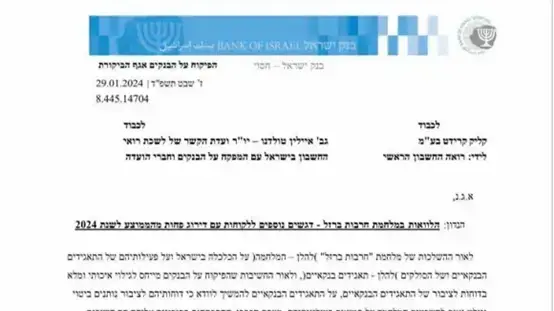Fraudsters are trying to get to the accounts of savings bank customers with a new scam. (Photo-montage) Imago (hna.de-montage) ©
Sparkasse does not contact customers via WhatsApp. If you have received a bizarre message, fraudsters are probably at work.
Kassel – Funny pictures and messages on WhatsApp from friends are nothing harmless. But if the savings bank contacts you via WhatsApp, it not only seems unusual, but usually also dubious. And rightly so. The savings bank does not contact customers via the app. If it supposedly does, fraudsters are usually behind it.
| Enterprise | Savings bank |
| Offices | 12.000 |
| Colleague | over 300,000 |
With the new scam, criminals want to trick savings bank customers into sharing data and thus gaining access to their accounts. However, many scams do not even have bank customers on their radar; especially if they come in analogue form.
New scam: Savings bank customers are contacted on WhatsApp
Recently, savings bank customers have been the target of more fraud attempts. At the end of April, the financial institution warned of mysterious calls that allegedly came from security staff at the savings bank. In reality, however, criminals were behind it.
Something similar is now being repeated for the messenger WhatsApp, on which savings bank customers are suddenly supposedly contacted by their bank. According to the current security warnings on the Sparkasse website, the fraudsters use the Sparkasse logo as a profile picture and disguise themselves as a company account. To do this, however, they use a mobile phone number that does not match one of the telephone numbers of the real savings bank.
In the messages, for example, customers are led to believe that the security of their online banking is at risk. To counteract this, you should click on a link and "verify" your data on a website. In reality, however, you are revealing your data to the fraudsters, who will gain access to your own bank account.
Sparkasse warns against phishing: How to recognize scams
When Savings Bank customers receive notifications from the Savings Bank – be it by e-mail, WhatsApp message, letter or telephone call – they should therefore always pause for a moment and check whether the Savings Bank is really on the other end. In the case of WhatsApp messages, for example, this can be done via the telephone number, which can easily be compared with the correct number of the respective branch.
0
Also Read
Haribo launches recall of cult product – do not consume sweets under any circumstances
READ
Salt in coffee – the new trend has two unexpected effects
READ
Degree of disability: which diseases are considered severe disability
READ
Driver's license change from 2023 - new regulations for all motorists
READ
Tiny houses in Germany are all the rage - and often cause big problems after the purchase
READ
Fancy a voyage of discovery?
My Area
When it comes to e-mails, you should always pay attention to the sender. In many cases, for example, fraud schemes reveal inappropriate letters in e-mail addresses, the sender is unusually long or even in a different language. In general, the financial institution recommends never giving data such as a TAN, PIN or access data to strangers.
Warning message against fraud: What can customers do if messages from the savings bank seem dubious?
Since the scams are now available on all channels, you have to be careful. If you detect a fraud attempt, you should never click on links or attachments in emails or WhatsApp messages. It is best to delete the messages immediately and block the sender. You can also report the attempted fraud to the savings bank. In case of fake calls, you should hang up immediately.
What to do if the link has already been clicked or the attachment has been opened?
- Close the link immediately
- Delete email and block senders
- Involve the responsible Sparkasse branch
- Keep an eye on your account
- Have money recovered in the event of unauthorized debits
- Have your account or online banking blocked














